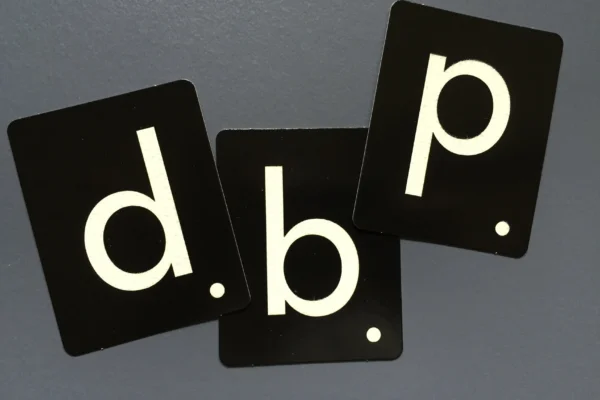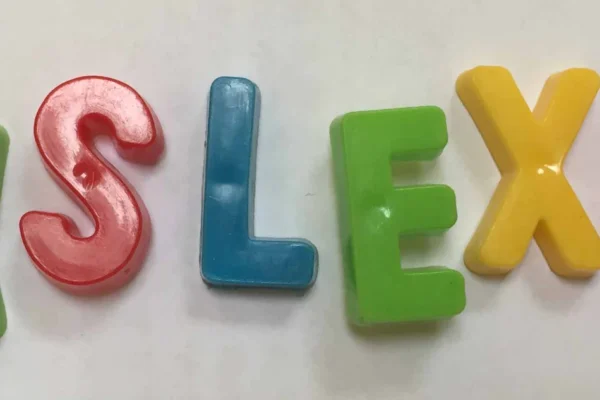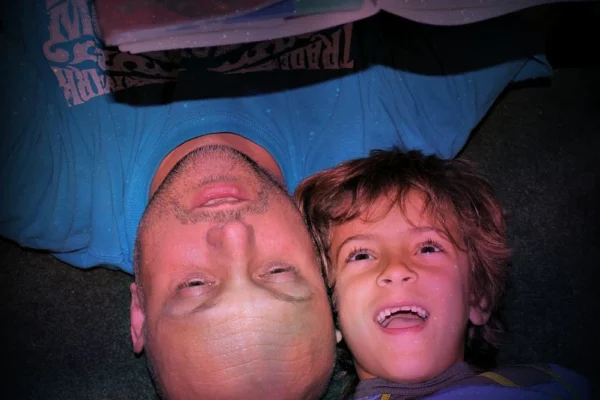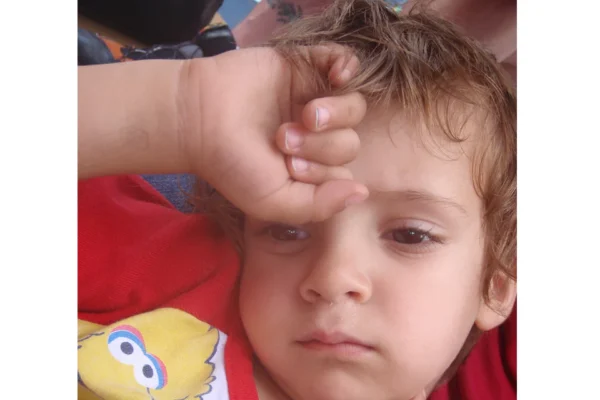
Dyslexia, often described as a hidden reading disability, causes difficulty in learning to read or interpret words, letters, and other symbols. Dyslexia denies many children the opportunity to discover the joys of reading. As their peers’ ability to read grows, their efforts end up with frustration, pain and tears. Many parents cannot even imagine their children could be reading for fun one day.
Although many dyslexics learn to cope with the reading struggles throughout their educational life, the biggest lingering impact is the life-long stains on the self-confidence that affects these individuals negatively throughout their adulthood and in many walks of life.
Here are five steps for parents and educators to proactively attack this challenge and strengthen the self-esteem at an early age:
1. Early Diagnosis: As many things in life, challenges are easier to resolve while they are small and contained. Watch out for the early signs of dyslexia and get the child tested if needed.
2. Build on Strengths: If there is a positive diagnosis, understand the child’s strengths and weaknesses. While working on improving the weaknesses, such as reading, writing and spelling, never lose focus on the strengths. Core strengths are the strongest path to building self-confidence as they come naturally and flourish more easily.
3. Positive Reinforcement: Praise the child’s efforts, not the sole results. Building reading, writing and spelling skills will likely be a lengthy journey and focusing on results may dishearten all involved.
4. Celebrate Your Child: Encourage the child to explore their passions. Arts, sports, design are all creative ways to tap into the child’s natural potential. Learning happens easier when the brain is engaged and the child feels empowered. This learning ability will likely continue to stretch to further disciplines.
5. Right tools: Albert Einstein, a famous dyslexic, says it beautifully: “Everybody is a genius. But if you judge a fish by its ability to climb a tree, it will live its whole life believing that it is stupid.” Give the child the right books to read. Low-level/high-context books are the best for early readers and young dyslexics. Such books will bring fewer struggles and tears to the whole reading experience.
Categories:
Share This:
Related Post
Search
Check Our
Books
As children learn to read, decodable books become an important part of the learning process.
Have A Question?
We’re happy to answer your inquiry to us.






